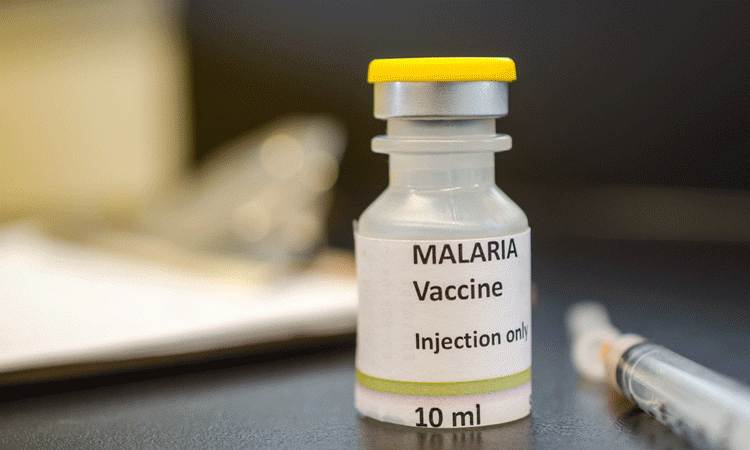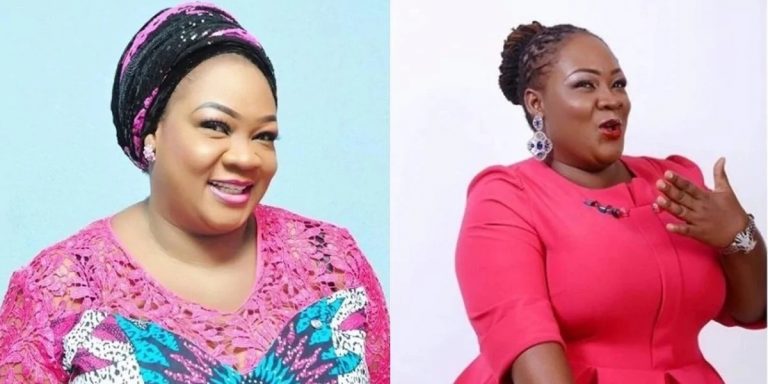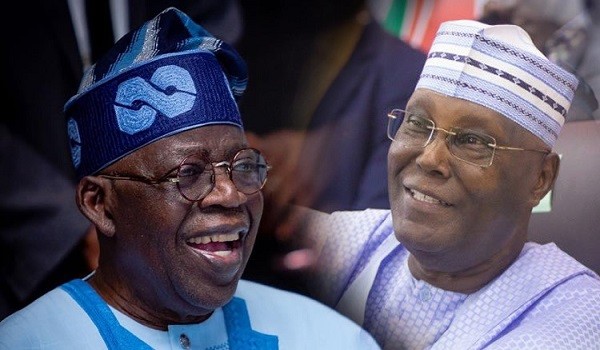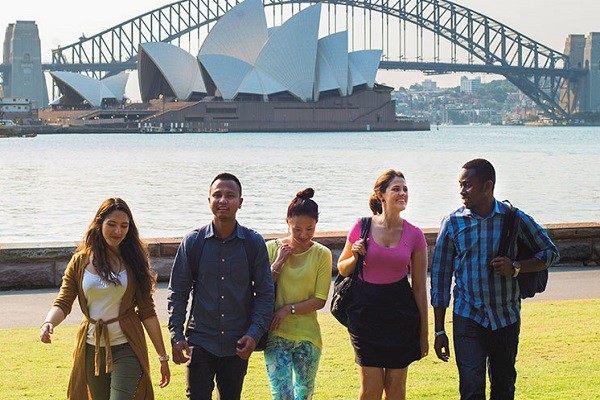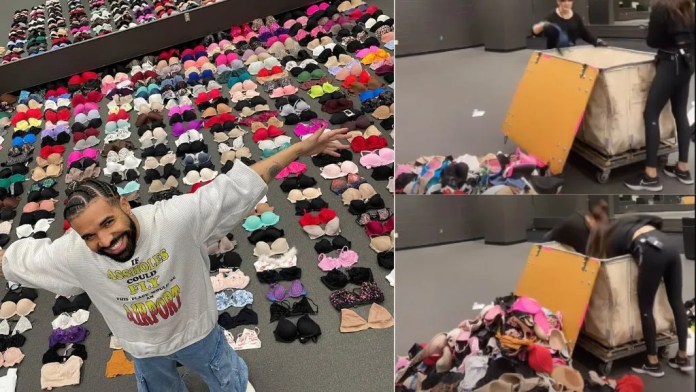Nigeria, others to get malaria vaccine by first quarter of 2022 –AHM
The Assembly of Health Ministers of the ECOWAS region on Friday announced that Nigeria and other African countries would get access to the newly developed malaria vaccine by the first quarter of 2022.
The Health Minister of Ghana, who is also the chairman of the assembly, Dr Kweku Agyeman-Manu, disclosed this to journalists at the 22nd ordinary session of the health ministers in Abuja on Friday.
According to Agyeman-Manu, countries, like Nigeria, would also support the West African region in the procurement of the vaccine.
He said, “We are expecting that the vaccine will be adopted and the rollout will begin in Africa as early as the first quarter of next year.
“For African countries, especially in the West African sub-region, we have been doing our own research on malaria. We have been getting resources and support to control malaria for some time now. What we are looking forward to is a vaccine that will help us eliminate malaria completely by 2030, and fortunately, that is where we are now.
“The next question is: How are we going to procure the vaccines? Resources will come from countries. Also, specific countries like Nigeria (and others) will have to do budgetary allocations.
“To support procurement, GAVI will continue to support us. We are working to ensure vaccine plants in Africa actually get to produce malaria vaccines too. Some countries have been identified by WAHO already.
“Nigeria, Senegal and Ghana are some of these countries that are leading with vaccine manufacturing, not only malaria, but other vaccines as well.”
Meanwhile, the Bill & Melinda Gates Foundation, Swedish International Development Cooperation Agency, and the United Nations International Children’s Fund have announced a $150m financial guarantee to help UNICEF procure vaccines and other health-related supplies for low and middle-income countries
The funding, effective through 2025, is expected to help sustain national immunisation programmes, including COVID-19 vaccination campaigns, and enable the timely procurement of essential health supplies, while domestic financing is mobilised.
According to a statement titled, ‘Bill & Melinda Gates Foundation, Swedish International Development Cooperation Agency, and UNICEF announce $150m guarantee to support access to vaccines and health supplies in low- and middle-income countries,’ on Friday, many low and middle-income countries rely on UNICEF’s procurement services to secure access to affordable essential health supplies as part of their emergency response and to meet routine needs.
The President of the Global Development Division, Bill & Melinda Gates Foundation, Chris Elias, was quoted as saying the world could not have a system in which supplies critical to improving the health of all people were auctioned to the highest bidder.
The Director of UNICEF’s Supply Division, Etleva Kadilli, said the pandemic had shown without a doubt that inequality of access to health services and vital health supplies, like vaccines, was not only bad for those left behind but also for everybody.
Kadilli was quoted as saying, “Even with the continuing pressures of the pandemic, it is imperative that essential health supplies continue and are scaled up to reach communities that have been missing out.”

